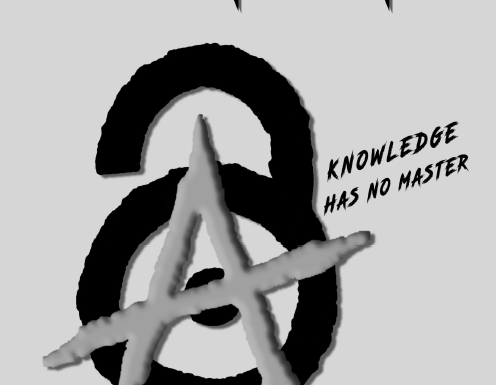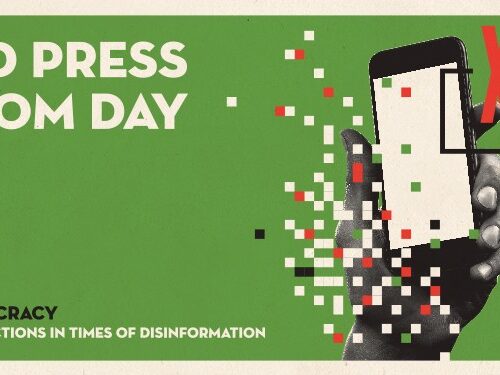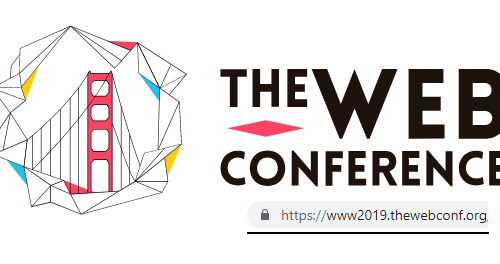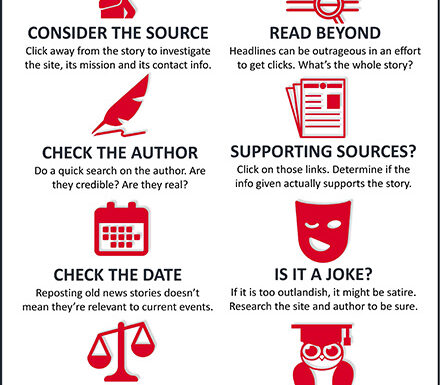
Pubblicato incitizen science, corwdsearcher, open access, open books, open data, open education, open journals
Jon Tennant and the unsustainable virus of closed science @Protohedgehog #JonTennant
In this unforgettable year for the number of deaths of the pandemic the academic and scientific world loses…


